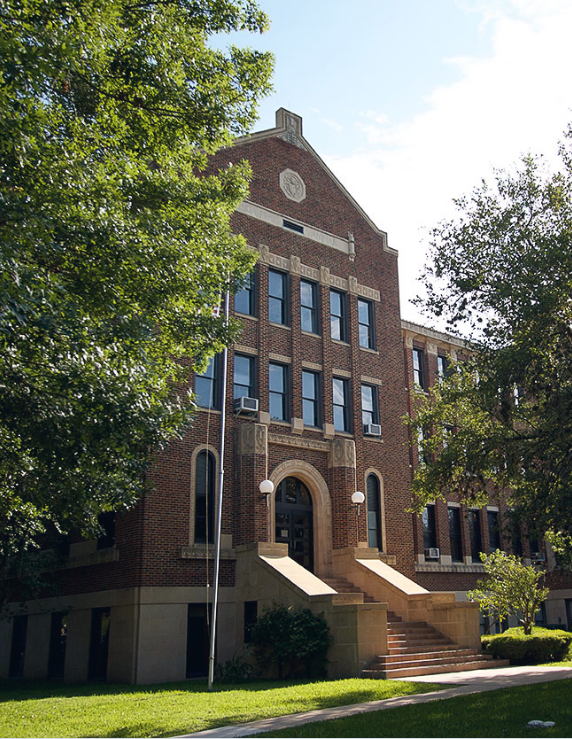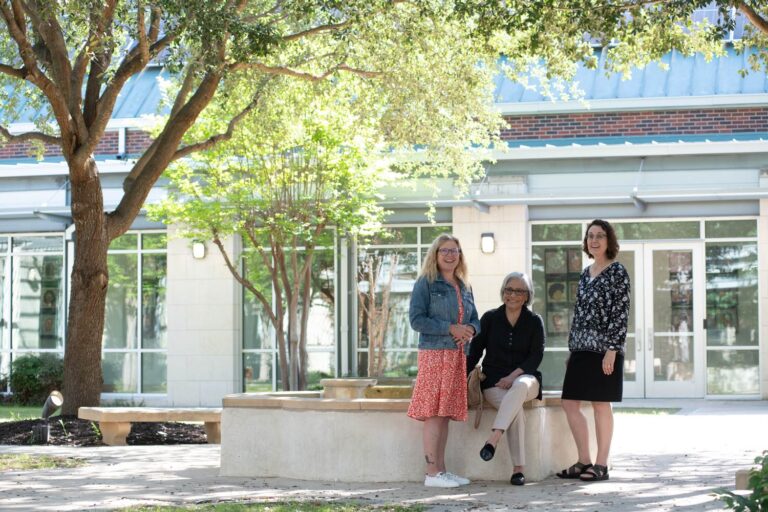The Corona Pandemic has affected us all in various ways. It has limited much of what we can do, but it does not seem to limit what we can say, and many have said a lot. There have been arguments about the restrictions placed on us, but the more serious arguments have been on the science side of the virus. It is more serious because we need to work together to defeat this. Even though not every thing the health experts say is what they will say in a month or two, they speak from the best information they have at that moment. This is a novel corona virus, which means it is new, never having infected the world before, and therefore not completely understood. Science is constantly learning more about it every day. It already seems clear that not following the medical officials early on may have caused the higher infection rates in various countries. What is abundantly clear is that our relationships and communication, our coming together, will be key to winning this battle.
The gospel today is from the 18th Chapter of Matthew which is called the Community Discourse, a collection of Jesus’ sayings that form a kind of Rule of Life for the Christian community and how to guide relationships. Today’s section speaks about working to come together after conflict. There are always conflicts in the community, and also in the Church. Even though the passage says the brother offended you, it really meant the problem is with the community. Matthew, writing for Jewish Christians, had to deal with conflicts between his community and Gentile Christians. Jews had been taught from childhood not to associate with or trust non-Jews, namely Gentiles. Yet, the Church was welcoming Gentiles into the faith as we learned the last few weeks in the readings. This caused tension for the Jewish Christians. The two groups were divided and often at each other throats. This was a struggle of inculturation much as we are in today with different ethnic groups and races trying to live together. In the gospel Matthew tells his readers what Jesus taught about in bringing various different people and groups together in the community. He suggests a process for them to reconcile, especially where there is conflict, which involved the larger community.
Here is what Jesus describes as a process of reconciliation. First, acknowledge the wrong and ask for forgiveness. This may not be an easy step, since often neither side feels they are in the wrong. The gospel however indicates someone has been hurt by the other, so it is they who point out their hurt. We do not need to accuse the other, condemn the other or insist that the other grovel in front of us. What this process calls for is to simply tell the other, “I have been hurt by your words or actions.” Notice how I place my hurt in the first person. I have been hurt. I do not condemn the other, but simply ask the other to understand my pain and to invite the other to acknowledge that his or her actions brought my pain about. The other may not even know that what they did caused hurt until I point it out. No one else is involved at this point. This is a private moment which we want to keep private between the two. It can be a beautiful intimate experience of reconciliation if I can bring myself to truly hear the pain of the other and respond to that pain to heal our relationship.
Second, put it in the context of witness and prayer. The gospel describes the second step as bringing another person into the process as a witness. One way to look at the witness is typically what happens in a court. However, remember a witness was what the disciples were called to be, witnesses of the life, death and resurrection of Jesus and witness to what he did and said. Witness to Jesus is acting like Jesus, who said from the cross, “Father forgive them…” Some conflicts may not have a clean resolution and are only reconciled in prayer, even when the offender resists. Prayer allows us to slowly heal the hurt by not holding it against the other. As Paul says in today’s passage to the Romans, “Love never wrongs the neighbor.” Time helps. God listens. God heals.
Third, the process is referred to the community of the Church. This is not to mean that I get many people to bully the offender but that through the community I let go of any anger, desire for revenge or hurt, so that I can move on as a follower of Jesus. Heaven will affirm it, what is loosed on earth, so that the offense does not control the relationship. Often an offense controls how we see each other for years. That is called a grudge, which poisons any chance for coming together. Only forgiveness and the desire to come together will help overcome this. Forgive, even when the other does not ask for forgiveness. Begin the process knowing that whatever happens you have already begun to forgive and will work on it daily. The whole process is highly personal and highly communitarian. It is also an act of faith.
However, even if the process described does not work, we never give up. Jesus says, “Treat him as a Gentile or tax collector,” which does not mean to reject the other but rather it means treat them as someone to be converted. Matthew himself was a tax collector. He had been converted by the call of Jesus to stop being controlled by money and what it does to a person. He had his priorities straight.
With the recent Hurricane Laura, we saw several thousand people evacuate East Texas to seek refuge in San Antonio. The reception was automatic. They were welcome despite our ongoing struggle with corona, unemployment, food insecurity, racial tension and other issues. Our leaders could have said we can’t help anyone else, but they opened the doors and our community stretched even more to assist people in need. This also happened fifteen years ago with Hurricane Katrina as San Antonio became a national model for how we received and cared for the refugees from New Orleans.
Generous love should be first always, which also means giving forgiveness is automatic. Resolve the conflict by your love, your reconciling attitude. And if all else fails, you pray. We pray not to change the other but to change ourselves to take on the mind and heart of Jesus.
We have many conflicts in our community, our country and our world today. Some are current like the elections we are now facing to determine the direction of our country, elections which are causing heated arguments and at times offensive language about each other. I heard one partisan refer to the other party as evil. We can never get to that point. Discussions and disagreements are healthy. Condemnation and judgement are not. Some conflicts have their origins a long time ago, such as the calls for racial reckoning due to the hundreds of years of racism in our society. There are conflicts also in the Church. We have much to do.
The first and most important social teaching of the Church is the dignity of the human person. Each person is a child of God and as such deserves to be treated with dignity even when that person does not seem to treat others that way. We are called to begin the process of reconciling or forgiving. We never give up. Only when someone takes the first step and forgives first can the process of coming together begin. There is always hope. This gospel assures us the role of the Christian community is to support us if we start.
At the end of this gospel passage Jesus finally tells us if two or more join in prayer, God will listen and Jesus will be in their midst.
Sounds like a good game plan.
 Fr. David Garcia is a retired priest from the Archdiocese of San Antonio, Texas, where he served for 44 years. During that time, Fr. Garcia was instrumental in the effort to have the Old Spanish Missions recognized as a UNESCO World Heritage Site and also oversaw the multimillion-dollar restoration of San Fernando Cathedral. Fr. David served as pastor for several parishes in San Antonio, including the historic Mission Concepción. He also served as Senior Advisor for Clergy Outreach at Catholic Relief Services, the official international humanitarian and relief agency of the US Conference of Catholic Bishops.
Fr. David Garcia is a retired priest from the Archdiocese of San Antonio, Texas, where he served for 44 years. During that time, Fr. Garcia was instrumental in the effort to have the Old Spanish Missions recognized as a UNESCO World Heritage Site and also oversaw the multimillion-dollar restoration of San Fernando Cathedral. Fr. David served as pastor for several parishes in San Antonio, including the historic Mission Concepción. He also served as Senior Advisor for Clergy Outreach at Catholic Relief Services, the official international humanitarian and relief agency of the US Conference of Catholic Bishops.



